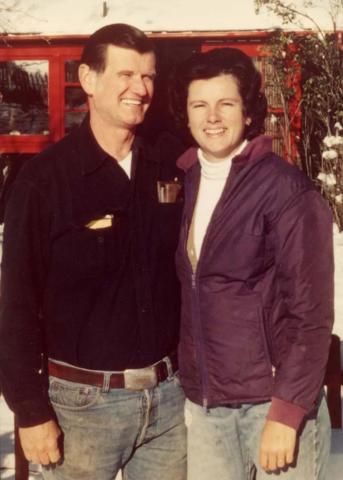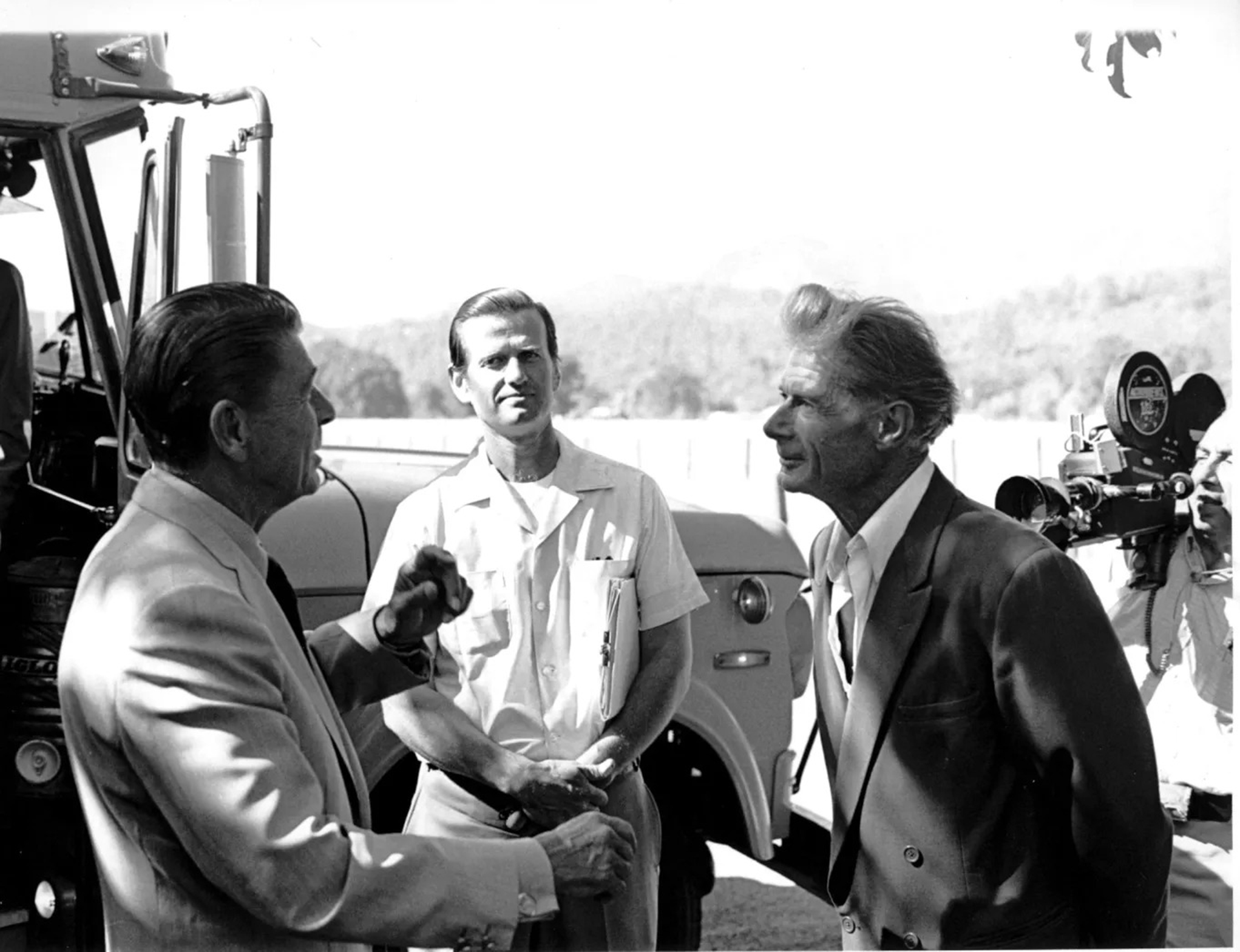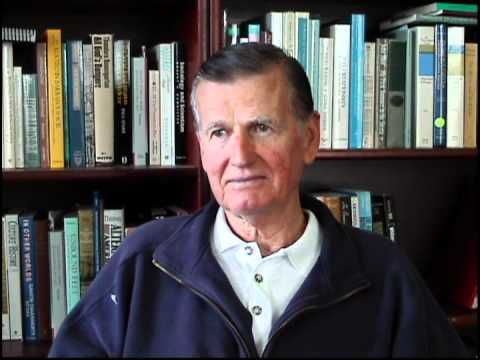The Bren School celebrates the luminaries who amplify our shared mission of environmental stewardship, and among them, Richard Wilson shines brightly. A visionary and committed advocate, Wilson's legacy continues to bolster our endeavors, enhancing our capacity for meaningful, lasting change. With the support and momentum from such a dedicated benefactor, countless students have been, and will continue to be, empowered to forge a brighter, more sustainable future, extending the positive ripples of Wilson's influence far and wide.
A Legacy of Stewardship: The Life and Contributions of Richard Wilson
I. Introduction
The late Richard Wilson was a luminary in the realm of environmental stewardship and his influential career emphasized the balance between human advancement and the health of the natural world. In his role as a Trustee of the Michael J. Connell Memorial Fund, he played an instrumental part in directing substantial support to the Bren School at UC Santa Barbara, reinforcing our mission of addressing environmental challenges. In his honor, we at the Bren School are dedicated to upholding and expanding upon this legacy.
II. Early Life and Activism
Richard Wilson's dedication to environmental protection was evident early in his career, spearheading grassroots campaigns against dam constructions and the unchecked growth of exclusive residential zones. This foundational advocacy shaped Wilson's commitment to environmental stewardship, paving the way for his significant future contributions to environmental policy. A defining episode was his opposition to the proposed Dos Rios Dam. At a time when dams frequently inundated Indigenous territories, Wilson and the Round Valley tribal community successfully halted this project, highlighting both the power of collective action and the importance of amplifying marginalized voices.
III. Philosophy and Approach to Environmentalism
Richard Wilson profoundly influenced discussions on sustainable land management, especially in the timber and ranching sectors challenged by industrial overuse and evolving farming practices. For Wilson, the future of land management transcended ‘sustainable techniques’ and necessitated a deep-seated shift in landowner perspectives. He envisioned a fundamental change in the human-environment relationship, underscoring the importance of coexistence and mutual benefit. He communicated convincingly in his appeals for a balanced approach, and in his work demonstrated the potential for human activities to be both ecologically sound and economically viable.
IV. Leadership in Regulatory Frameworks and Sustainable Forestry
Richard Wilson played pivotal roles in shaping sustainable forestry and environmental regulations, notably serving as the director of the California state Department of Forestry (now CalFire) between 1991-1999. The Jackson State Forest in Mendocino County is a salient testament to his philosophy of sustainable land management. Under Wilson's leadership, the forest demonstrated the "working landscape" approach, producing $15 million per year for the state via logging while ensuring continuous forest regeneration. This model not only underlines the harmonization of industrial activity with conservation objectives but also offers a blueprint for other regions.
V. Richard Wilson's Enduring Legacy
Richard Wilson's deep ties with the Bren School were evident in his pivotal role with the Michael J. Connell Memorial Fund. As a key figure linked to the Connell family trust, Wilson ensured the Bren School was the primary beneficiary of this philanthropy. With the support of this fund, we aim to bolster student recruitment, enhance mentorship, and further initiatives that reflect Wilson's vision.
The Connell Memorial Fund has advanced the Bren School's specialized academic programs like the Strategic Environmental Communication & Media (Comm) and the Eco-Entrepreneurship (Eco-E) focuses. Both encapsulate Wilson's holistic approach to environmental challenges, balancing economic considerations with ecological needs. The fund also backs initiatives like the Forest Sustainability Fellowship (FSF) Program and the Strategic Environmental Research Initiative (SERI), ensuring robust educational and financial support for Masters and PhD students. The Bren School remains committed to his vision, channeling resources towards areas he prioritized, ensuring that his legacy doesn't just persist, but thrives and evolves.
VI. A Collective Resolve for Environmental Stewardship

As we reflect on Richard Wilson's indelible contributions to the field of environmental science and to the Bren School, it becomes clear that we are not just beneficiaries of his legacy, but also its stewards. The awe-inspiring natural landscapes of California, like the Redwood forests he worked to preserve, serve as both a sanctuary and a stark reminder of the urgent environmental challenges that loom ahead. They invigorate us to be vigilant in our roles as guardians of the environment.
As the Bren School of Environmental Science & Management moves ahead, it is our joint responsibility to keep Wilson's principles alive. We are committed to not only continuing his work but expanding upon it, ensuring that his legacy is not just a chapter in history, but an ongoing narrative. We owe it to him, and to the generations that follow, to stand united against the tide of environmental degradation, channeling our educational and financial resources to meet this momentous challenge. This is more than a call to action; it is an invitation to each of us to engage deeply, think critically, and act purposefully in the realm of environmental stewardship. By embracing this responsibility, we are not merely preserving Richard Wilson's legacy—we are living it.
VII. Acknowledgments
This tribute would not have been possible without the invaluable contributions of many individuals. We extend our heartfelt gratitude to all who have generously offered their time, insights, and resources, especially those at the Bren School and the Michael J. Connell Memorial Fund who continue to support the academic and philanthropic initiatives that make such work not only possible but transformative.
To read more about the life of Richard Wilson, we encourage you to read this story about his celebration of life.

